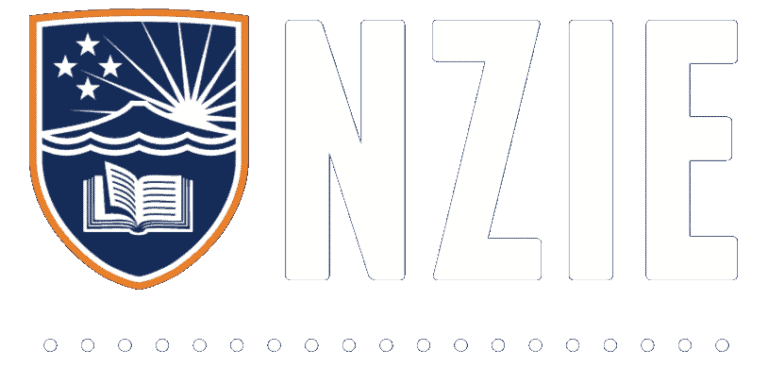I had a meeting with a student to discuss an allegation of plagiarism. I asked the student why they had done it and they said, “When I was little, my Uncle asked me what I wanted to be when I grow up, and I said I want to be an academic cheat“. A tall story, of course. But then again, I could postulate that students cheat because they wake up one morning and simply decide to. Why else would they?
“When I was little, my Uncle asked me what I wanted to be when I grow up, and I said I want to be an academic cheat“.
As the Quality Assurance Manager, I get to meet a few students with whom I present allegations of academic misconduct, that is, claiming others work as their own. Not once have I come across any student who claimed that they wanted to be an academic cheat when they grew up. Not once have I met a student who said that they rolled out of bed and decided “today I think I will plagiarise an assignment”. I do, however, meet students who have a story to tell, stories of pressure, tails of family issues, and accounts of personal tragedies, all of which lead to issues of mental wellbeing.
Not once have I met a student who said that they rolled out of bed and decided “today I think I will plagiarise an assignment”.
What I have learnt at NZIE in meeting students is that they each have a story, all have a reason, and they all totally regret having finding themselves in a position of such pressure that they have felt that the only option was to find other ways of meeting deadlines. The stories are rich in passion, visions, and of an enduring journey. Yes, not all students find themselves in this position, and only a small percentage do. However, if we better understand the reasons why some students find themselves in this situation, the better we can support them through their studies. I feel there is a research project here, and one I will commit to. If we better understand the stories of a student’s journey, the better we can respond to their personal environment and their mental health that enables them to re-engage in learning.
In response to my understanding of a student’s learning journey, especially during times of peek pressure such as during a plagiarism meeting, I have changed the way NZIE manages academic misconduct processes. It is not a punitive process; it never was and nor should it. That only adds to the pressure that students endure. Yes, penalties and consequences apply. But if the process is handled correctly the student will accept the outcome. One of the keys to the successful outcome is also ensuring that the student has a pathway forward, a way out of a hole, and they have access to a ‘ladder’ that is longer than the depth of the hole they are in. That is our job. If we don’t, we don’t address the student’s mental health issues or the environment they find themselves.
There are three key steps to creating a successful plagiarism outcome. Firstly, it is important to present the factual evidence to the students, with no emotional tones or guilt-raising finger-waving reactions. This only makes the students defensive. The second is inviting the student to talk about the situation and then just listening to the stories and let them be heard, a basic human need. The third, the important step, finding a pathway forward, one which will enable the student to successfully re-engage in learning. This is a step where the student can be involved through the co-development of a creative solution-focused plan, specifically for the situation the student finds themselves.
The greatest reward we can give a student facing allegations of plagiarism is to enable them to re-engage in their studies. My greatest satisfaction is to be able to celebrate with these students as they graduate from their NZIE programme and progress into employment. The greatest reward I can receive from this process is recognising that students see NZIE as their change agent. Success is, simply, enabling others to succeed when everything seems grim. With the change in methods for managing academic misconduct, I am now seeing the change in graduating students, graduates who also keep in touch, celebrate their successes and thank NZIE for the learning journey.
Author: Laurie Richardson
About the author: Quality Assurance Manager at New Zealand Institute of Education


